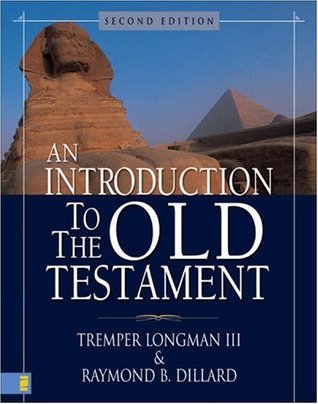More on this book
Kindle Notes & Highlights
Qohelet sounds modern because he so vividly captures the despair of a world without God. The difference, though, is that the modern world believes God does not exist; Qohelet believed that God existed but questioned his love and concern (5: 1– 7).
After all, by facing death, Jesus conquered the biggest fear facing Qohelet, and he showed that death is not the end of all meaning, but the entrance into the very presence of God.
First, is the book a drama or a series of love poems? A second, but related, question concerns whether the book is an allegory.
The Song, after all, is a Song of Songs— that is, there are many poems (songs), but there is also a coherence in theme and character, so that there is a kind of unity, though not a narrative unity.
The book’s primary aim is not to portray the relationship between God and his people, but rather to extol sexual love between a man and a woman.
As Trible (1978, 144) puts it, “ The Song of Songs redeems a love story gone awry.”


